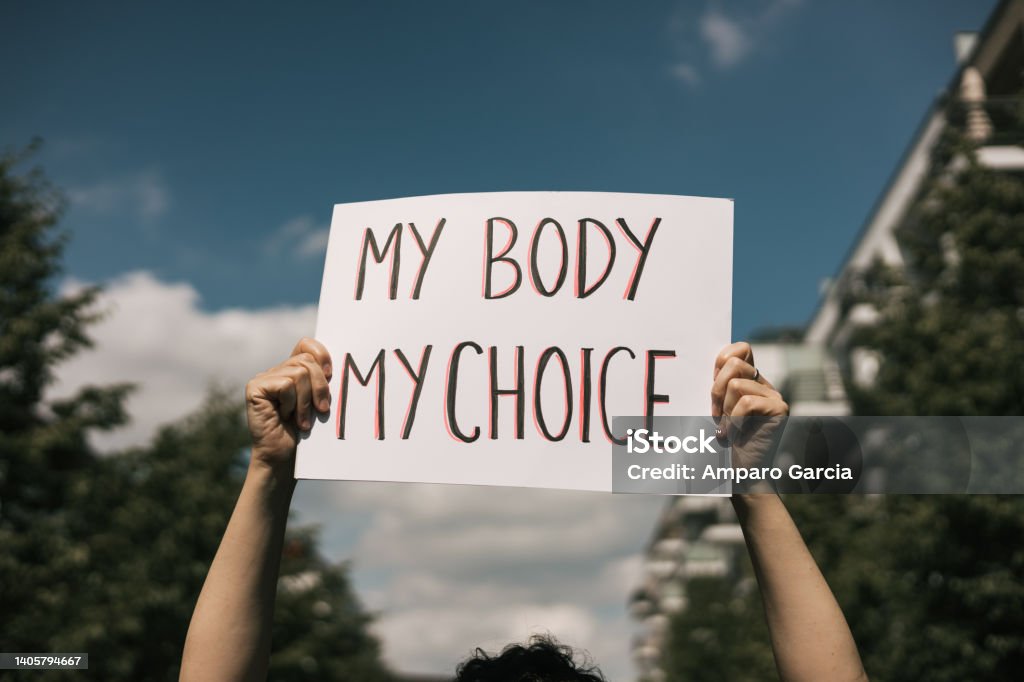You would think that a law made in 1864 about women’s health, which has completely changed since then, would not even be considered for reinstatement. Unfortunately, that does not seem like the case. On April 9 the Supreme Court ruled that the law that imposes a near-total ban on abortion is enforceable. Now almost a month later on May 1, lawmakers decided to repeal it, but the original law could still be in effect for 90 days before the repeal is put into action. Abortion has been and will always be a dividing topic, but it is now a question of just how polarizing it could be for the United States as a whole.
There is no doubt that abortion is a difficult topic to discuss and debate. Every election holds tension about which side of the spectrum politicians will be on and if new laws will be made to further restrict or not restrict it, although, during the past eight years, it has been even more of a hot topic. Pro-choice interest groups fought back incredibly hard when Roe vs. Wade was overturned in June 2022, and now as more and more states put anti-abortion laws in place it has become one of the hottest topics going into the 2024 presidential election.
As the two presidential candidates are on opposite ends of the spectrum it becomes harder to be neutral on the subject. Trump recently said that he believes there needs to be “some form of punishment” for women who receive abortions, as stated in a New York Times article by reporters Matt Flegenheimer and
For decades, philosophers have discussed and written about the morals and all sides of abortion from a neutral stance, although that seems impossible in today’s atmosphere. Former Wheaton College philosophy professor, Dr. Arthur F. Holmes talks about the issue in his book “Ethics: Approaching Moral Decisions”, explaining that abortion is an example of something that is never completely ethical and is bad, but sometimes it is the best of all the bad options.
That is the approach that is missing from anti-abortion laws, and more specifically Arizona’s 1864 law. There is a failure to consider that there are instances where abortion is the best of the worst options. Most women who feel the need for an abortion are not happy about it or take it lightly, any woman who has to knowingly take away the possibility of a life being formed goes through an intense amount of emotional and physical trauma during the process. But when it is between whether an embryo, (which is not scientifically yet a person), should continue to grow or if a full-grown woman should suffer and in some extreme cases die, there needs to be a thoughtful and honest choice made about what the best outcome of the worst case scenario is.
For Arizona to choose to reinstate a law that was made before Arizona was even a state is by far the most extreme legislation the U.S. has seen on the issue. Reporters Anna Betts and
Not only does the reinstatement of a law that has been dormant for decades, and was made 50 years before women had the right to vote, show how far back in time the country has gone in accordance with policies, but also uncovers that the U.S. is much more polarized than society believes. This continued to prove itself on May 1 when two Republicans gave up their usual pro-life ways and moved to the democratic side within the Senate to ensure the law would be repealed. After the repeal is in effect the state will return to following the 2022 law made that allows abortion up until 15 weeks past conception, with no exceptions for rape or incest.
This repeal will not go into effect for another 90 days, leaving the door open for the law still to be enforced within that time. With Arizona and the rest of the country being so polarized on the issue, these recent events have “inspired an abortion-rights ballot measure before Arizona voters in November,” reporters Jack Healy and from the New York Times wrote. The vote in November on the issue will be a true telling of resident’s feelings about it. Arizona is usually a purple state, so lawmakers are expecting the results to be quite divided.
Beginning with the overturning of Roe vs. Wade to the reinstatement of a law originally instated 160 years ago, it has become obvious that the country is neither aligned with the times nor able to step out of complete polarization on abortion as well as other controversial issues. Under no circumstance should a law that states a complete ban on abortion from the time of conception be allowed to be enforced in the 21st century when there has been so much more information about women’s health released since it was created. No one believes abortion is a perfect solution by any means, but if it is the best of the worst set of options, women at least deserve to have that choice.









